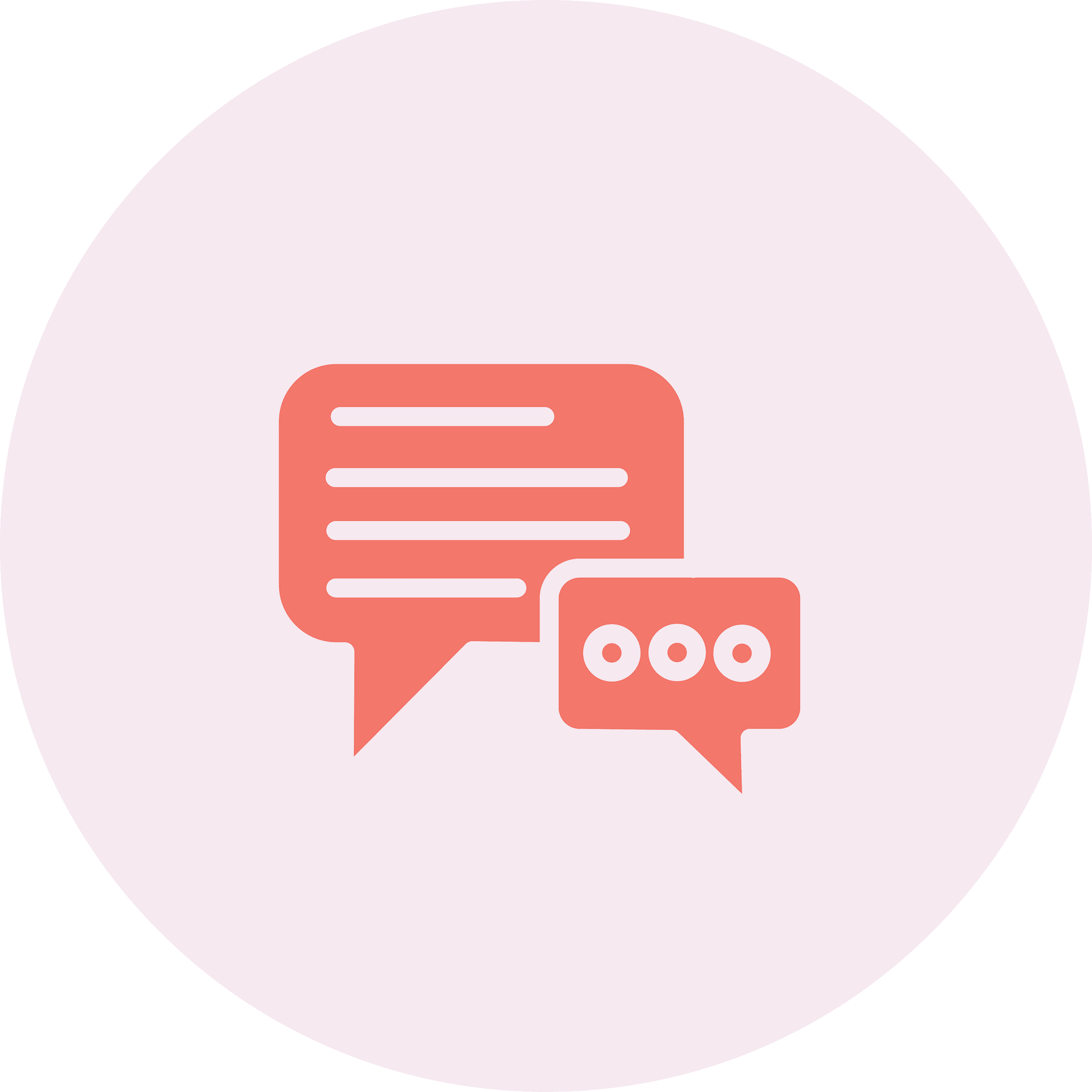Whole Health, Whole Safety: What National Safety Month Means for Women

June is National Safety Month in our country. While most people associate it with workplace safety and emergency drills, for women, safety is much more complex. It’s not just about avoiding accidents. It’s about feeling safe in your body, your relationships, and your decisions. Women’s safety is a holistic matter. Whether it’s physical, emotional, mental, or reproductive. We’re diving into what it really means to prioritize safety in every part of our lives.

Physical Safety
Physical safety is especially important for women, not because we are weaker, but because we’re disproportionately impacted by threats to our safety in day-to-day life compared to men.
Did you know?
- 1 in 3 women worldwide have experienced physical or sexual violence in their lifetime, primarily by an intimate partner.
- In the U.S., 1 in 4 women have experienced severe intimate partner violence.
- 1 in 6 women in the U.S. have experienced stalking that made them feel very fearful or believed they or someone close to them would be harmed or killed.
These numbers aren’t just statistics; they’re a reality check. And if you’ve ever questioned whether your situation “counts” or felt pressure to downplay a gut feeling, you’re not alone.
Here are a few resources on our blog to help you feel supported wherever you are on your journey:
- What Every Woman Should Know About Sexual Assault
- Spring Break Safety Tips for Women
- How to Get Out of an Abusive Relationship
Your safety matters. Whether it’s a relationship, a work environment, or a situationship— if something feels off, speak up. It’s better to ask for help and be wrong than to ignore that still, small voice that’s trying to protect you.
Mental and Emotional Safety
Safety isn’t just physical. It’s just as important that you feel safe in your mind and emotions; how you think, how you feel, and how you process the world around you.

Did you know?
- 23.4% of women in the U.S. experienced an anxiety disorder in the past year, compared to 14.3% of men.
- 10.4% of women aged 20 and older had depression during a given two-week period, nearly double the rate of men at 5.5%.
Mental health struggles often come with shame or isolation, but the truth is you are not alone, and what you’re feeling is valid. Feeling emotionally safe means knowing you can express your thoughts, set boundaries, and reach out for help without fear or judgment.
Here are a few resources from our blog on mental and emotional health for women:
- Can Birth Control Affect Mental Health
- 10 Easy Ways to Cope with Stress
- Understanding Seasonal Depression (SAD): Causes, Symptoms, and Coping Strategies
Reproductive Safety
When we talk about safety for women, we can’t leave out reproductive health. From annual checkups to navigating STIs, HPV, and birth control options, reproductive care is essential to whole-body safety. But for many women, reproductive healthcare doesn’t always feel safe or even accessible.
Did you know?
- Nearly half of women ages 18–35 report negative experiences with healthcare providers, often feeling dismissed or discriminated against.
- Black women are over 2.5x more likely to die from pregnancy-related causes than white women.
- In 2023, only 76% of women received early prenatal care, with a growing number receiving none at all.
No woman should feel unheard or unsafe when it comes to her own body. Reproductive safety means having access to trustworthy care, understanding your health, and knowing how to advocate for yourself—even when it feels intimidating.
Here are a few articles that can help you protect your reproductive health and advocate for your care:
- Understanding Different Types of STI and STD Tests
- Cervical Cancer Awareness: What Every Woman Should Know
- Understanding HPV: What Every Woman Should Know
- How to Advocate for Yourself at Your OB-GYN Appointment
You deserve doctors who liste and answers to your questions. You deserve safe, respectful care.
Your Safety Matters
National Safety Month reminds us that for women, safety is a holistic concept. It affects every part of our lives; physical, mental, emotional, and reproductive. And more often than not, we’re the ones who have to take the lead in protecting it.
Let this month empower you. Trust your gut. Learn to advocate for yourself. And most importantly, remember: you are not alone. There are women, healthcare providers, older sisters, and mentors who are here to walk alongside you every step of the way.
Your safety matters. Your voice matters. And you are worthy of protection.
Want to chat? Check out our FEW Chatbot here.
Need care? Search our database here.

